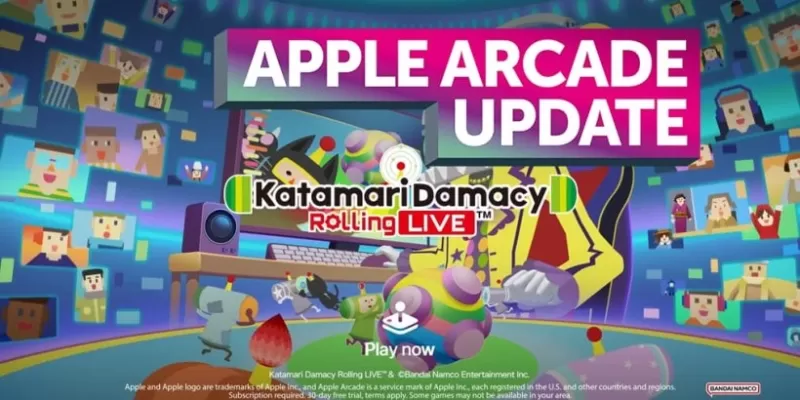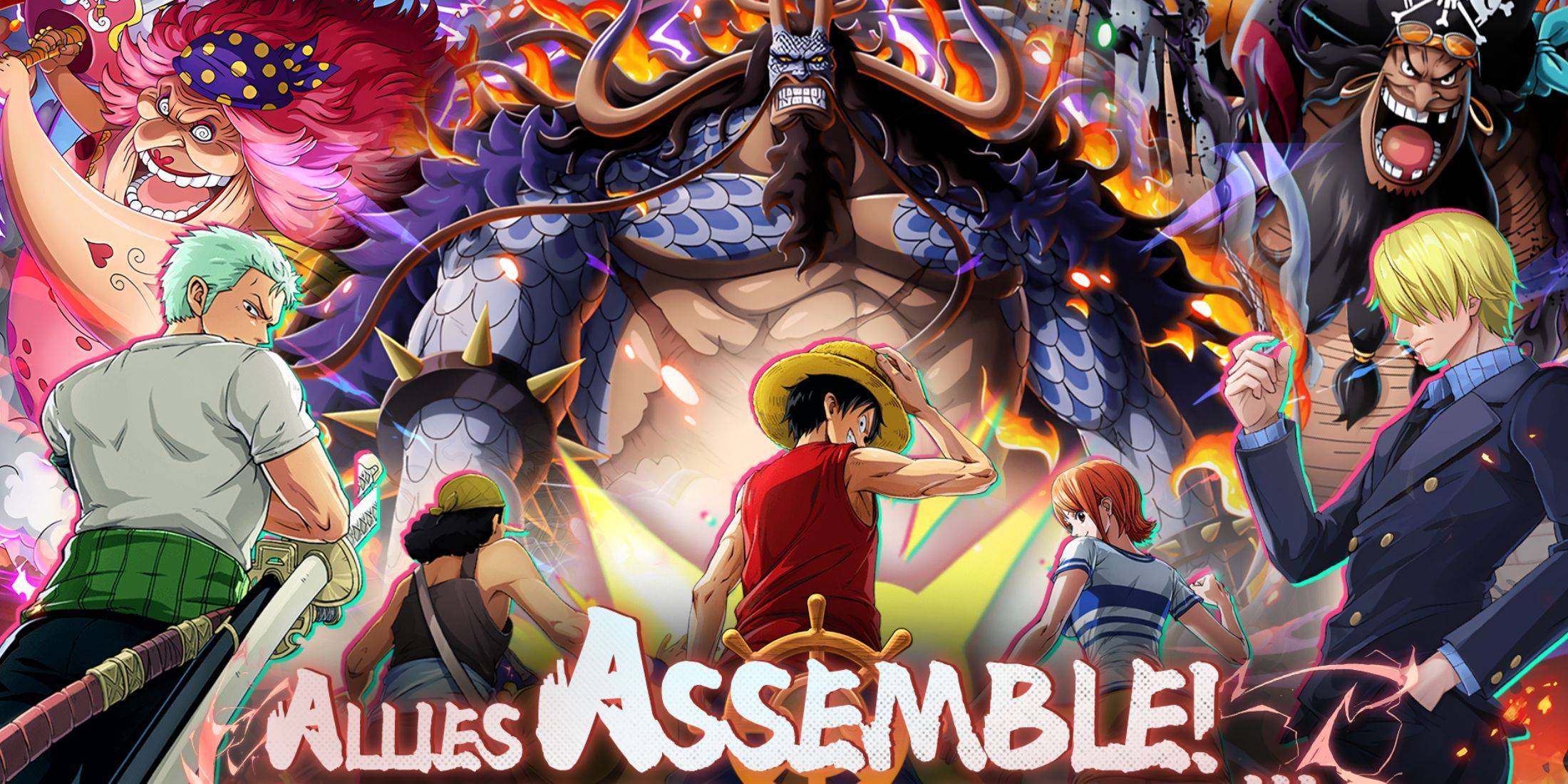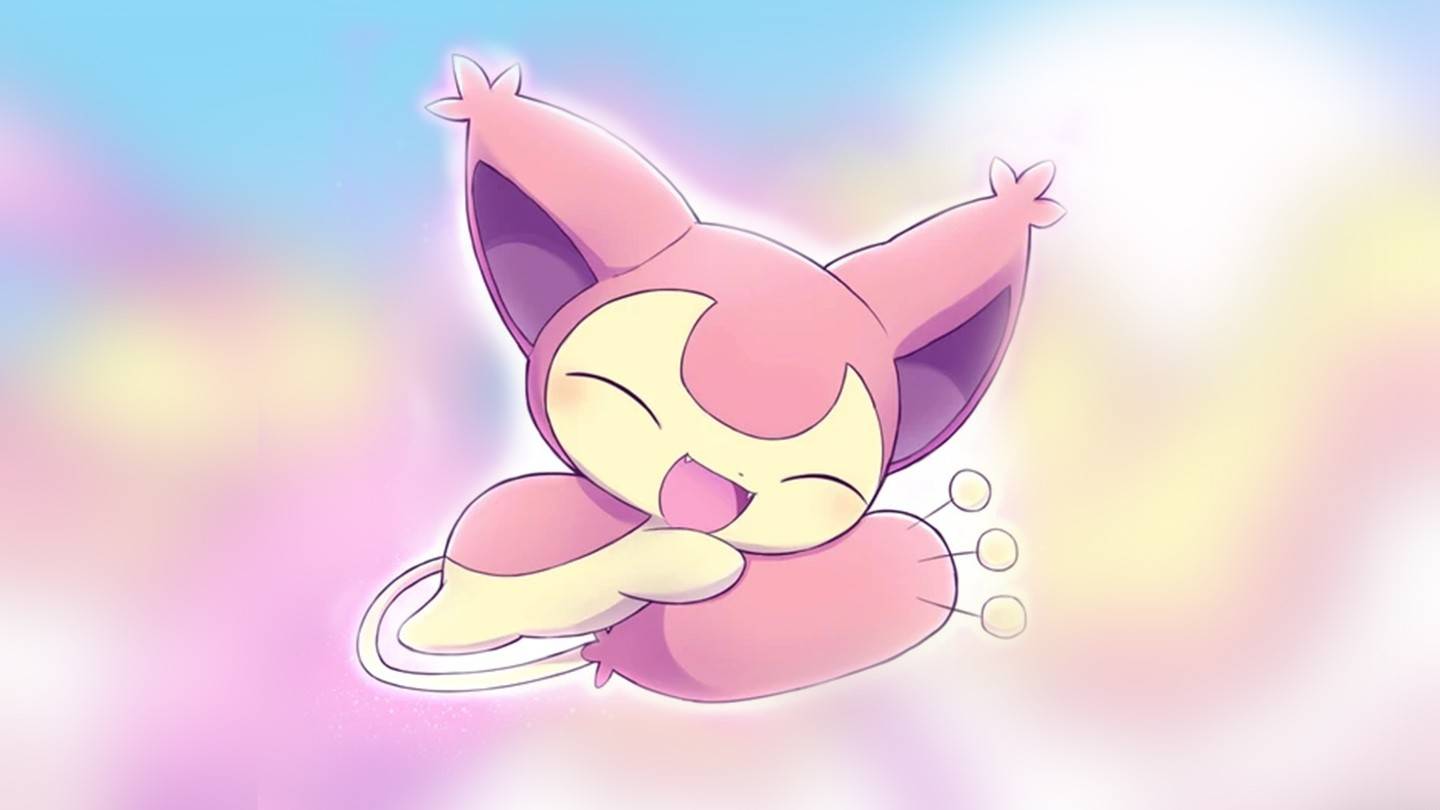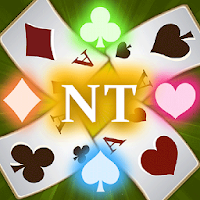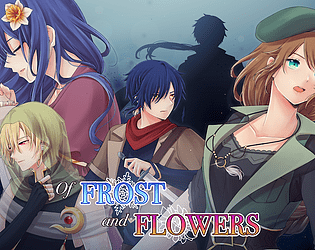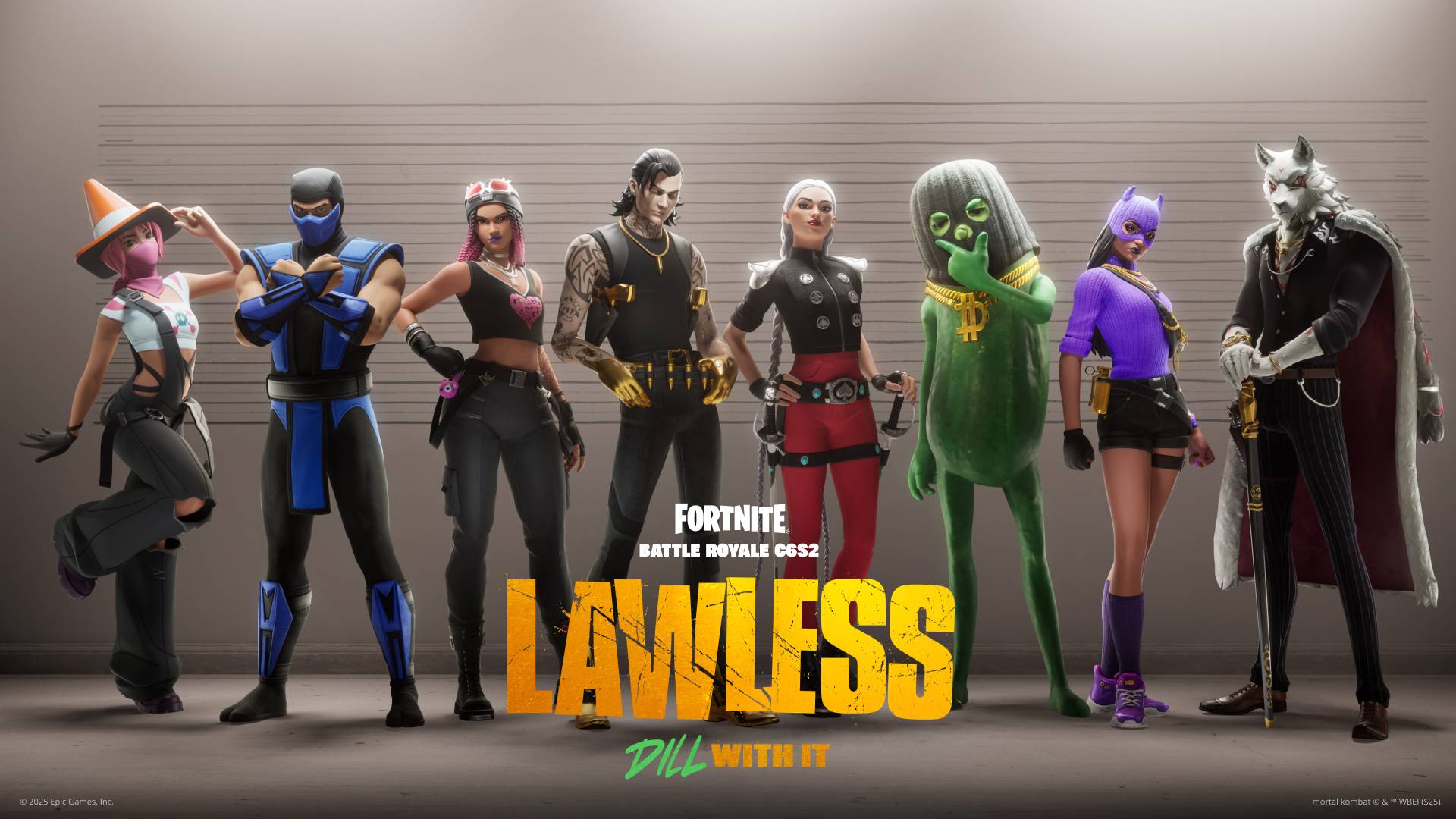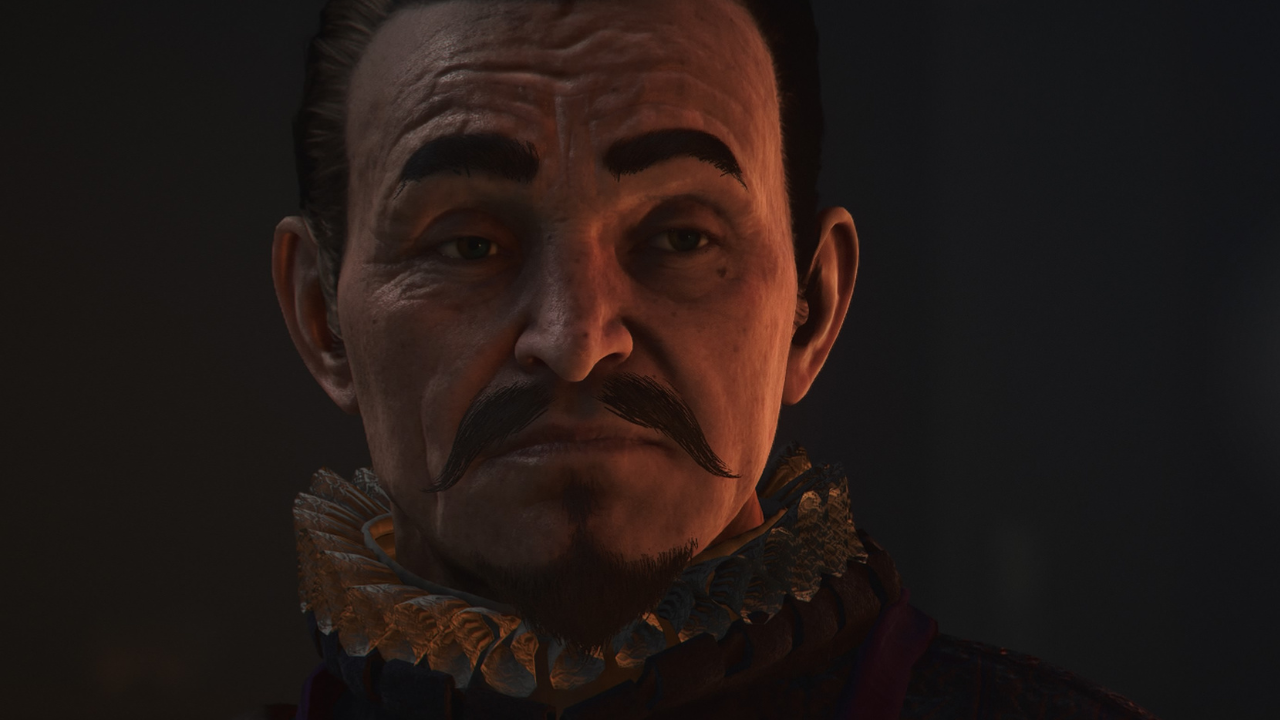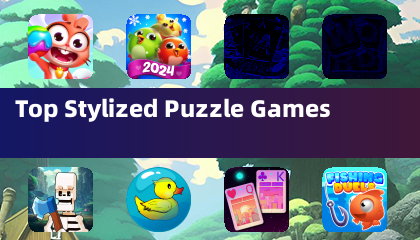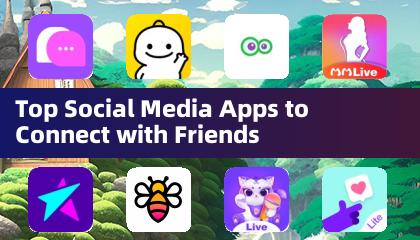Yoko Taro Fears AI Will Jobless Game Creators, Reducing Them to 'Bards'
The integration of artificial intelligence (AI) into video games has sparked a significant debate within the gaming industry, with notable creators like Yoko Taro of the NieR series expressing concerns about its impact on game development. In a recent interview at Famitsu, translated by Automaton, a panel of acclaimed Japanese game developers, including Yoko Taro, Kotaro Uchikoshi (known for Zero Escape and AI: The Somnium Files), Kazutaka Kodaka (Danganronpa), and Jiro Ishii (428: Shibuya Scramble), delved into the future of adventure games and the role of AI.
Kotaro Uchikoshi voiced worries about the rapid evolution of AI technology and its potential to dominate the adventure game genre. He pointed out that while current AI cannot match the exceptional writing and human creativity found in games, maintaining a "human touch" is essential for staying competitive. Yoko Taro echoed these sentiments, expressing fears that AI could eventually replace human game creators, suggesting that in 50 years, game developers might be relegated to roles akin to bards.
The discussion extended to whether AI could replicate the intricate worlds and narratives characteristic of their works. Both Yoko Taro and Jiro Ishii acknowledged the possibility, while Kazutaka Kodaka argued that AI might mimic styles and stories but lacks the creative essence of a true creator. Kodaka drew parallels to filmmaker David Lynch, emphasizing that even if a scenario could be written in Lynch's style, Lynch himself could alter his approach to retain authenticity.
Yoko Taro proposed using AI to generate new scenarios, such as alternate routes in adventure games, but Kodaka highlighted that this could lead to less shared gaming experiences. The conversation reflects a broader industry dialogue on AI, with companies like Capcom, Activision, and even Nintendo president Shuntaro Furukawa exploring its potential. Furukawa noted that while AI could be used creatively, it also poses challenges related to intellectual property rights. Microsoft and PlayStation have also contributed to the ongoing discourse on AI's role in gaming.
This thoughtful exchange among leading game creators underscores the complex relationship between AI and game development, balancing the promise of innovation with the preservation of human creativity and shared gaming experiences.








